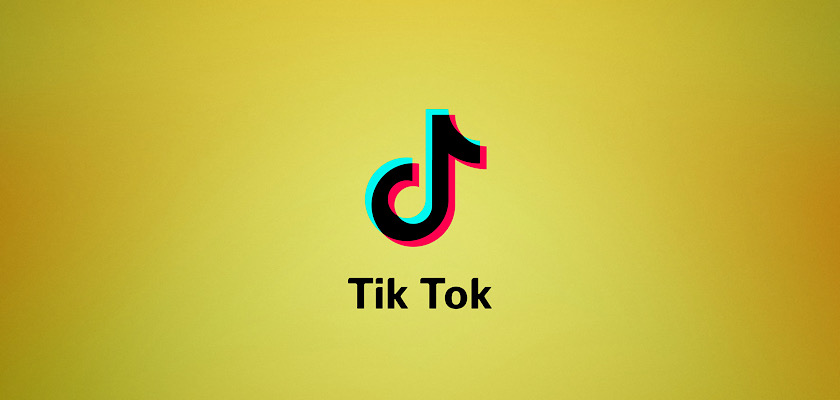Over the last few weeks, the video-sharing app TikTok has been accused of censoring on behalf of the Chinese government. These concerns culminated today in the US Congress when Senate Minority Leader Chuck Schumer and Senator Tom Cotton called for US intelligence officials to investigate whether TikTok poses national security risks.
Click here to display content from X.
Learn more in X’s privacy policy.
Schumer raised concerns about TikTok being owned by Chinese tech giant ByteDance and said that this means “it’s required to adhere to Chinese law” and “can be compelled to cooperate with intelligence work controlled by China’s Communist Party.” Both senators also questioned TikTok’s data collection practices and whether it censors the content US users see at the behest of the Chinese government.
Now TikTok has responded with a statement saying that all US user data is stored outside of China:
“We store all TikTok US user data in the United States, with backup redundancy in Singapore. Our data centers are located entirely outside of China, and none of our data is subject to Chinese law.”
The company also dismissed the accusations of it censoring content on behalf of the Chinese government:
“Let us be very clear: TikTok does not remove content based on sensitivities related to China. We have never been asked by the Chinese government to remove any content and we would not do so if asked. Period. Our US moderation team, which is led out of California, reviews content for adherence to our US policies – just like other US companies in our space. We are not influenced by any foreign government, including the Chinese government; TikTok does not operate in China, nor do we have any intention of doing so in the future.”
Last month, evidence was uncovered that suggested TikTok’s moderators were censoring content that did not please China until May of this year. At the time, ByteDance responded by saying the moderation policy was being “phased out” and said the goal was not censorship but to prevent real-world conflict spilling over to the TikTok platform.
Concerns have also been raised about TikTok censoring content about the Hong Kong protests because of the lack of content covering the protests on the platform. ByteDance said a possible explanation for this is because TikTok is a place for entertainment, not politics, and that its audience gravitates there for positive and joyful content.












